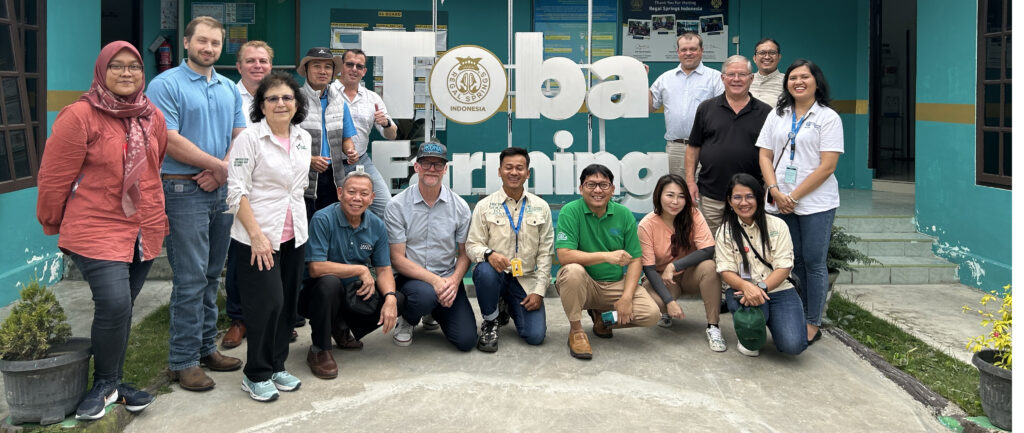After a one-year hiatus, the Soybean Symposium, sponsored by the Minnesota Soybean Research & Promotion Council, is returning in 2020. This year’s Symposium is now open to the public and is moving online.
Because of the coronavirus, the Symposium will no longer be held at its original location. Instead, the meeting will take place March 26 through ZOOM where growers will be able to hear and see presenters, as well as ask questions during the Q&A periods. Register today at http://z.umn.edu/soybeansymposium for agenda and login information. University of Minnesota Grain Specialist Ed Usset will be kicking things off promptly at 9:30 a.m.
“Although we are disappointed we won’t be able to meet in-person, we’re very excited to see the Symposium return for 2020, and are proud to sponsor it once again,” says MSR&PC Director of Research David Kee. “The Soybean Symposium is designed to put agricultural leaders and the top minds of soybean research and industry together to discuss relevant topics.”
Today’s global food production system hinges on the low-cost and efficient production, transport and processing of cereal and protein grains. Regional protein deficits are supplemented by international trade in poultry, swine, beef and aqua products. Global production and trade have evolved over the past 75 years to provide previously unimagined variety and quantity of food products at low cost to populations on every continent. However, efficiencies often come at some cost. It is naive to think that today’s global food production system could be immune to internal and external disruptions. The complex questions the Soybean Symposium will tackle are whether current and future disruptions will result in an evolution, or in a revolution in our global food production systems.
The 2020 Soybean Symposium will also focus on recent major global events as examples of internal and external events that may test the resiliency of global food production systems. We will consider the effects of recent geopolitical disruptions (tariffs), novel animal diseases (Asian Swine Fever (ASF) and Avian Influenza), human disease outbreaks (COVID-19 aka coronavirus), and environmental and societal challenges (climate change, water and soil quality, water and carbon costs, ecosystem preservation, animal welfare, and local and organic food demand) on the current global food system and discuss short- and long-term impacts and potential outcomes.
“We are super excited about the upcoming Soybean Symposium. This is a unique event that allows participants to have deep discussions about broad topics from a 30,000 foot level,” says University of Minnesota Agronomist Seth Naeve. “This year we will use timely global disruptors to discuss potential vulnerabilities to our global food production systems.”







